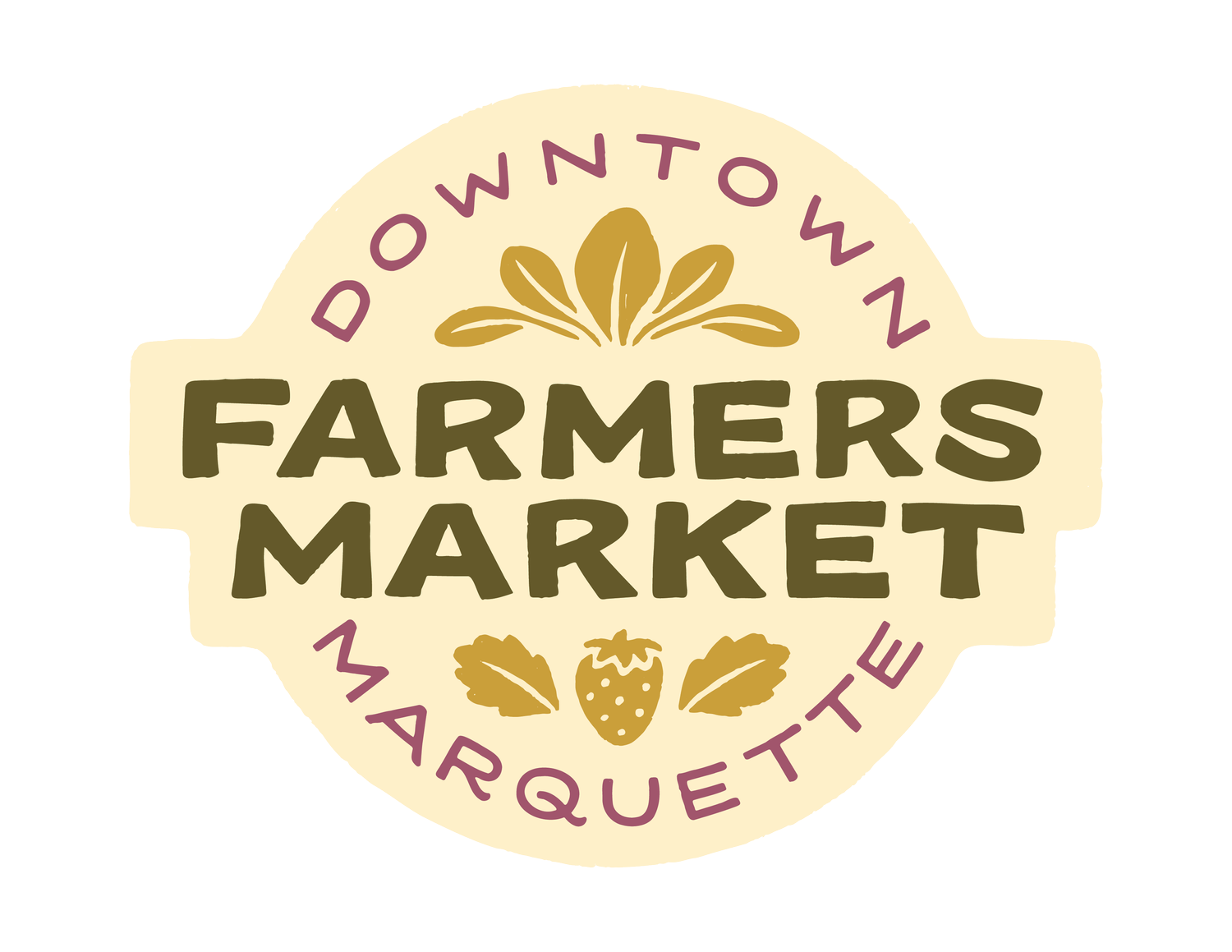Why Farmers Markets are Essential During the COVID-19 Pandemic
Allowing our community to shop at a farmers market provides numerous benefits in an ideal environment that promotes social distancing while having less overall contact with people. While our overall food distribution chain seems to be unaffected at the moment, food that’s traveling from outside our state or country could have limitations imposed. A farmers market offers locally grown food to local communities. There is little chance for interruption, assuming markets are allowed to be carried out.
There are many populations that rely and depend on the market for food to feed themselves and their families and for their livelihood. As a compromised audience, older adults in California-where markets were unexpectedly cancelled-expressed concerns about going into grocery stores to get food. Stores have been low on product, especially foods that are EBT eligible. Additionally, farmers markets are held in open air settings and offer essential fruits and vegetables and accept assistance programs as payment. Many farms looking to get their product to their community are going online with ordering systems but are unable to accept food assistance programs as this functionality does not currently exist.
Aside from accepting food assistance programs there are many other reasons why farmers markets are essential necessities in communities during this pandemic.
Farmers Markets offer nutritionally dense foods
Food available at farmers markets are more densely nutritious than large industrialized sources. This is highly studied and documented. It’s widely believed that immune responses are best served by the intake of fresh fruits, vegetables and fungi that are harvested and eaten at the peak of freshness. These kinds of foods are offered at farmers markets, not at big box stores.
Shortened supply chains
A shortened supply chain means food passes through fewer hands. There’s many hands that touch your food as it makes its way onto the retail shelf and to your home. On its way to the retail shelf, food is typically handled by somebody in a warehouse, loading and unloading it from a truck, placing products on the shelf, other customers’ hands who pick up and put down products, then finally passed through the hands of the cashier. Compare this to the farmers market where the farmer picks the food, packages it, brings it to market and hands it to the end consumer. Less hands mean less opportunities to pass germs along. This is crucial, especially when dealing with a highly contagious virus.
Farmers markets are highly adaptable environments
Farmers Markets have the benefit of implementing quick and swift changes in policymaking them highly adaptable environments. Additionally, each product at the market is individually manned, unlike in a grocery store where the public is able to shop unsupervised in a self-serve environment. A farmers market can implement policies that would control who touches the food i.e. a gloved farmer is only allowed to pick products for their customers.
Shopping in the open air is healthier
Shopping in the open air is healthier. Markets are held in outdoor spaces with fresh air and direct sunlight. Grocery stores are in confined spaces using recycled air systems. The airflow and the natural UV spectrum light found at outdoor markets are medically less hospitable to viruses.
Purchasing food is essential
Purchasing food is a non-optional activity. Some people do grow their own food, but most people do not. Closing farmers markets means we are directing people to grocery stores that are already overburdened and more crowded. This is the opposite of the overall recommendation for social distancing.
Sources
This information comes from the April 12, 2020 episode, “Farmers markets are essential!”, of “Tent Talk” a podcast by Farmers Market Pros.
Photo by https://ezmoments.com/
